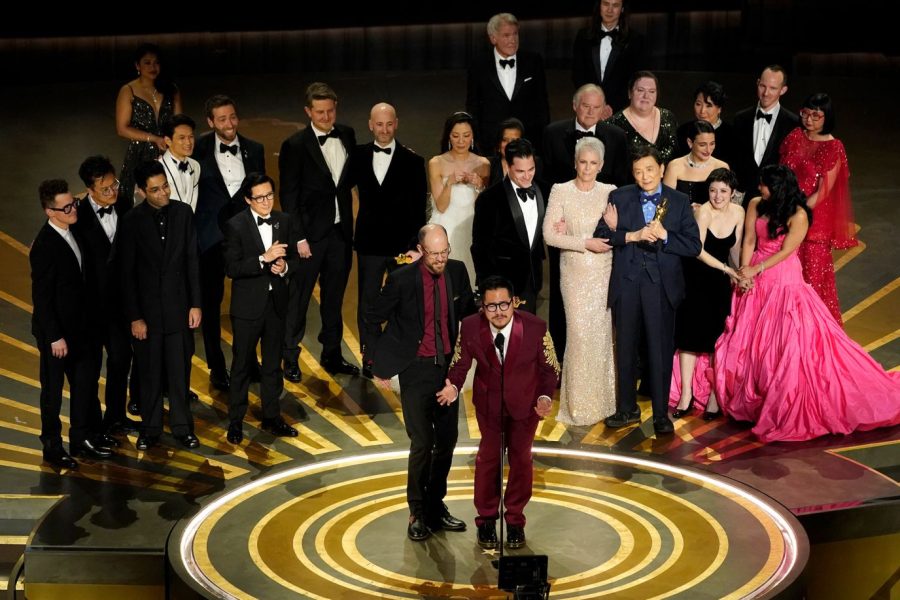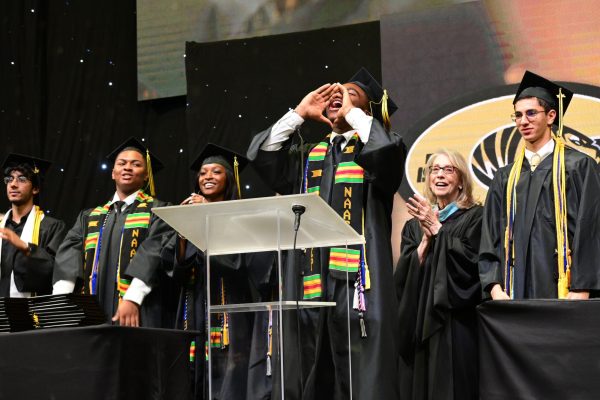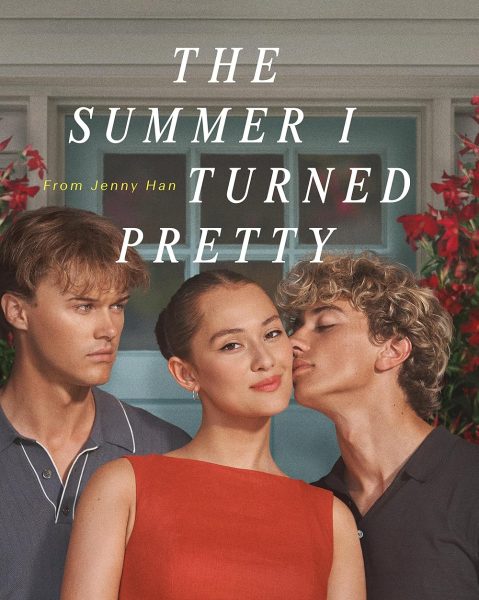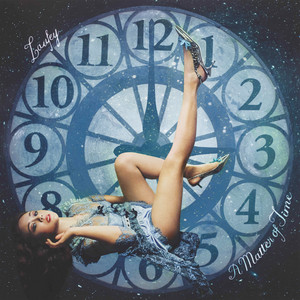On Art and the Academy
It’s easy to write about what you don’t like. A passionate opinion, especially one that’s negative, can make for entertaining writing. But what do you do when you don’t have much to criticize? Sunday, March 12, the 95th Oscars Award Ceremony aired on ABC. Unlike the Grammys, I found most of the Oscar outfits to be at least intriguing if not pleasant, the host, Jimmy Kimmel, relatively funny, and the majority of the awards appropriately granted to the most deserving movies, actors, and actresses. So I got to thinking: what is it about the Academy Awards that people continue to value them whereas the Grammys are losing viewers year after year?
For one, the Oscars are still viewed as classy. People believe that not just anybody can be nominated for an Oscar, and, therefore, it’s an award that only those with real talent could win. Conversely, the Grammys aren’t taken as seriously because winning a Grammy is no longer considered a difficult task. There’s a decline in respect for this awards show that hasn’t yet happened with the Oscars.
But how do we decide what takes genuine talent? And whose talent is worthy of winning an award? I may not have a lot of respect for the Grammys, but I recognize that every singer who performs there or is nominated for an award is showcasing their art. I may not care for Harry Styles, but there are people who feel that his music has changed their lives. Does that make him worthy of an award? I would never call myself a Swiftie, but even I can’t deny that when a song is catchy, it’s catchy. Isn’t that the mark of a successful pop singer?
Let’s not forget the Oscars though. “Everything Everywhere All At Once” swept the Awards, winning in many of the top categories. Personally, I loved this movie. I thought it was a beautiful representation of the complexities of mother-daughter relationships merged with the enthralling intensity of an action sci-fi movie. But there are others who might’ve been more moved by “Top Gun: Maverick” for its nostalgia and accessibility. At the Oscars, Jimmy Kimmel said it best: “Top Gun” restored in Americans a love for the movie theater. Is this any less true because “Top Gun” didn’t win a single Oscar? Or take the “Banshees of Inisherin” for example. The film bros of the world might feel snubbed that it didn’t win Best Picture, but I thought that movie was incredibly underwhelming. There are those who saw the “Banshees of Inisherin” as beautifully symbolic and those, like the friend I watched it with, who fell asleep before the first hour of the movie was up. Does this mean my taste in movies is somehow elevated because it aligns with what the Academy deems The Best? Is “Top Gun” or “Banshees of Inisherin” no longer considered top-notch art?
I want to say that there should be no right or wrong. That any form of expression is art and an award is nothing but an object. But I felt a sense of personal happiness and pride when “Everything Everywhere All At Once” won Best Picture, so it would be hypocritical to say society shouldn’t attach value to such awards. Awards are a source of validation, and it’s the desire for that validation that drives creators to produce art that pushes boundaries and inspires us. But whether or not a song or a movie wins a contest shouldn’t change how much merit we attach to it or the emotional response it elicits in us. You don’t have to like something just because an Academy does because, in the end, a Grammy or an Oscar is really just a hunk of metal.













